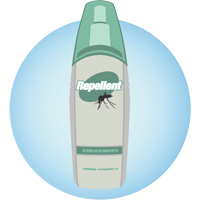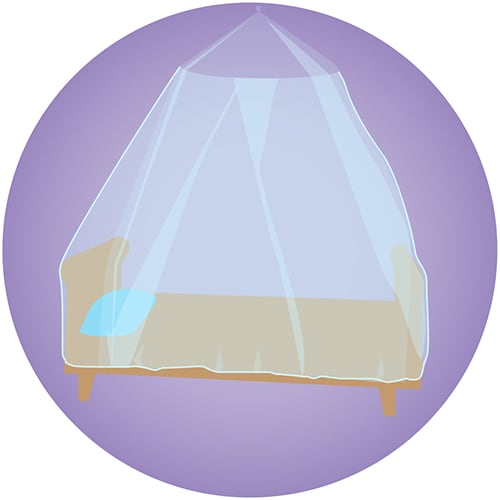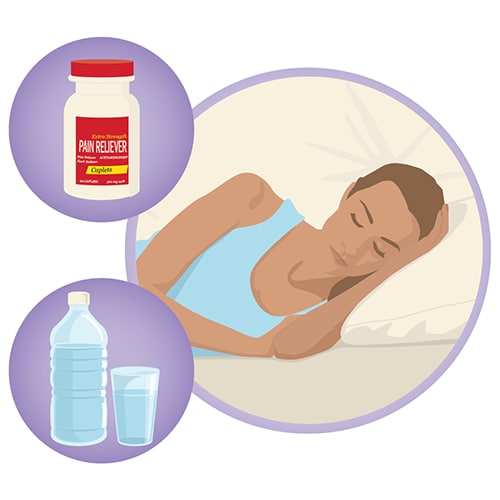Plan for Travel
Key Facts
- Dengue is spread to people through the bite on an infected Aedes species (primarily Ae. aegypti or Ae. albopictus) mosquito. These types of mosquitoes also spread chikungunya and Zika viruses.
- The best way to protect yourself from dengue is to protect yourself from mosquito bites.
- Dengue is spread in more than 100 countries around the world.
- Almost half of the world’s population, about 4 billion people, live in areas with risk of dengue. Dengue is a leading cause of illness in areas with risk.
- Each year, up to 400 million people get infected with dengue. Approximately 100 million people get sick from infection, and 40,000 die from severe dengue.
Before Your Trip
Do your homework. Find out your risk.
4-6 weeks before travel

- Review country-specific travel recommendations, health notices, and warnings.
- Visit a travel clinic or your healthcare provider for pre-travel medical care.
- Pack an Environmental Protection Agency (EPA)-registered insect repellent. Dengue is spread through mosquito bites. Prevent mosquito bites to reduce your risk of getting dengue or other viruses like chikungunya or Zika.
- Pack acetaminophen (also known as paracetamol outside of the United States), not aspirin or ibuprofen, in your first aid kit. These medications can be used to manage fever and body pain in case you get dengue.
During Your Trip

- Follow steps to prevent mosquito bites to protect yourself and your family.
- Stay in places with air conditioning and with window/door screens.
- Use a bed net if air conditioned or screened rooms are not available or if sleeping outdoors.
- See a healthcare provider if you develop a fever or have symptoms of dengue.
After Your Trip
Protect yourself from mosquito bites
- Even if you do not feel sick, travelers returning from an area with risk of dengue should take steps to prevent mosquito bites for 3 weeks so they do not spread dengue to mosquitoes that could spread the virus to other people.
Sick with a Fever?

- Symptoms of dengue usually begin within 2 weeks after being bitten by an infected mosquito.
- See a healthcare provider if you develop a fever or have symptoms of dengue. Tell him or her about your travel.
- Take acetaminophen (also known as paracetamol outside of the United States) to reduce fever and manage body aches. Do not take aspirin or ibuprofen. If you have dengue, aspirin and ibuprofen thin the blood and may increase the risk of bleeding.
- Rest and drink plenty of fluids.
Dengue Vaccine for U.S. Territories and Freely Associated States
- A dengue vaccine is now available for the U.S. territories of American Samoa, Puerto Rico, and the U.S. Virgin Islands, and freely associated states, including the Federated States of Micronesia, the Republic of Marshall Islands, and the Republic of Palau.
- The vaccine is approved for use in children aged 9 through 16 years with laboratory-confirmed previous dengue virus infection and living in areas where dengue is endemic (common).
- The vaccine is not approved for use in U.S. travelers who are visiting but not living in an area where dengue is common.
Page last reviewed: May 17, 2022